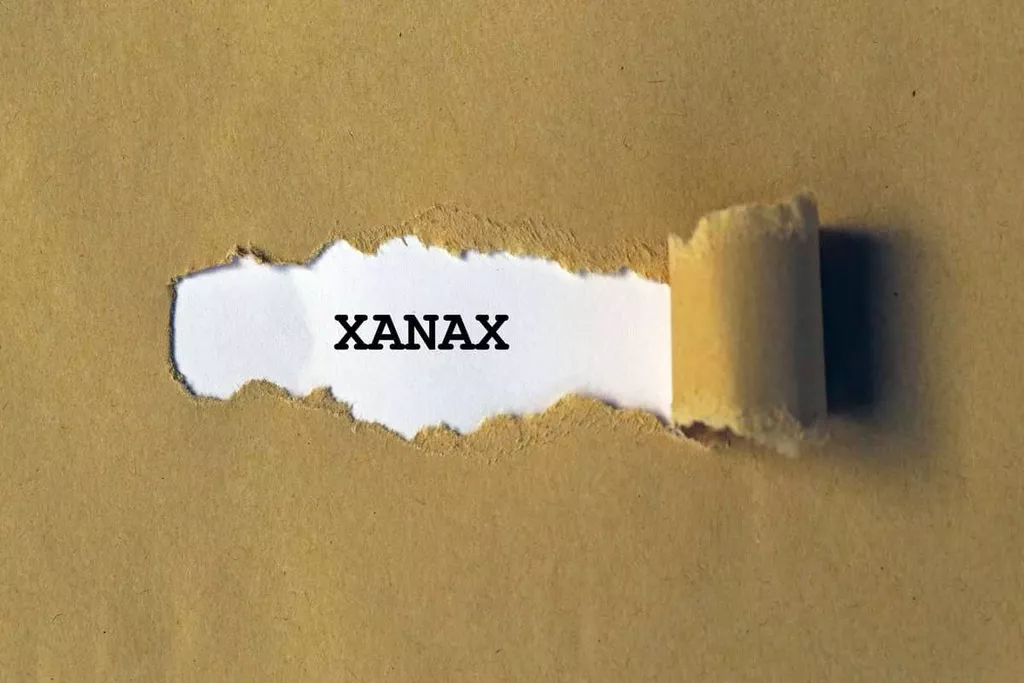
Yes, chronic hepatitis can lead to inflammation and damage of the liver over time. As liver function declines, the production of clotting factors is affected, resulting in an increased tendency for bruising and prolonged bleeding from minor injuries. Yes, liver problems can lead to bruising due to impaired blood clotting and reduced platelet production. When the liver is compromised, its ability to produce essential clotting factors decreases, increasing drug addiction the likelihood of bruising even from minor injuries.
Liver Disease

Trent Carter, FNP-BC, CARN-AP, is a seasoned nurse practitioner with over a decade of experience in addiction medicine. Ethanol dulls coordination and judgment, increasing the chances of accidents that may cause bruising. Alcohol is a vasodilator, it does bring out this feeling of dilatation in any single body organ throughout the body’s vessels.
Addiction Therapist: What They Do & How to Find the Right One
- When you want to unlock your front door to go home after a night of drinking, you see the lock, and your brain sends a signal to your hand to move the key toward it.
- If you experience excessive or unexplained bruising, it’s essential to consult a healthcare professional to rule out any underlying health issues and address any concerns promptly.
- Pain or sensitivity in your lumbar region, or Pain in the upper part of your buttocks.
- The potential for bruising grows, as even sleep of poor quality may not allow that quality repair of damaged blood vessels to take place.
- Bruising after drinking alcohol can be linked to deficiencies in vitamins like vitamin C and K, and minerals like zinc, which are important for skin health and healing.
This is because alcohol blocks vitamin D, which is the vitamin that helps regulate calcium levels in the body. Men are 3 times as likely as women to die as a consequence of alcohol abuse. The World Health Organization (WHO) has determined excessive alcohol use is responsible for 7.1% of disease among males and 2.2% among females. The appearance of a bruise varies based on several factors, such as your natural skin tone, the severity of the injury that caused it, and its duration. Until the bruise has fully healed, you will likely notice some discolored skin. However, a serious bruise is more often characterized by being large, painful, swollen, or lumpy.
Can certain skin types be more susceptible to alcohol-induced bruising?
In addition, alcohol is known to affect cells called phagocytes, which are responsible for protecting your body against invading bacteria and other harmful materials by destroying them. Alcohol does cause inflammation of different organs including pancreatic cells. However, this inflammation may be reduced by drinking certain alcoholic beverages such as red wine. Certain alcoholic beverages, such as red wine, reduce inflammation because it contains alcohol and bruising tannin, which has anti-inflammatory properties.

This is because alcohol blocks the absorption of nutrients that are found in foods that are considered fatty or unhealthy. Otherwise, alcohol would have been processed by the body with alcohol being absorbed into the blood instead. Because alcohol and swelling and alcohol and inflammation often go hand in hand, alcohol can both cause swelling and inflamed kidneys. This is because water is essential for keeping cells hydrated and reducing cell damage.
What are other kinds of likely blood loss?

The inability to stop drinking while being aware of the consequences indicates that you may be developing alcohol dependence. When that happens, the person is seemingly functional and appears normal to other people. It can also make circulating platelets less sticky, rendering them less effective in forming clots. Vasodilation is the widening of the blood vessels caused by the relaxation of the muscles in these blood vessels.
- Patrick McCamley (Clinical Therapist) is a Cincinnati native who has worked in substance use disorder/co-occurring mental health disorder treatment since 2019.
- Alcohol addiction can cause various health issues, some of which include bruising and subcutaneous bleeding.
- Of course, if you drink alcohol, drinking in moderation is always recommended.
- One of the diagnostic criteria that points toward an alcohol use disorder is continuing to drink, even in the face of consequences.

If you misuse alcohol, you may have liver damage, even though you have none of the symptoms above. If you’re worried about your drinking habits or bruising, talk to a doctor. They can help you determine whether you have a problem and what to do next. Hence, drinking alcohol makes it harder for your immune system to gear up and mount a defense response against invading pathogens and viruses. Tests can find abnormal blood cells or too few of the platelets that normally help your blood clot.



